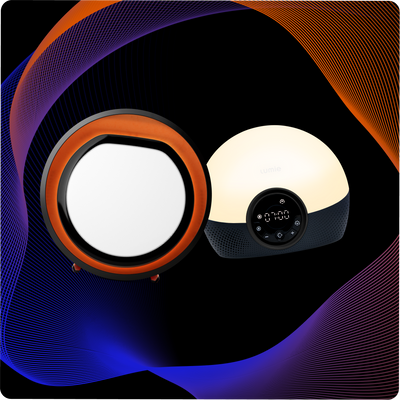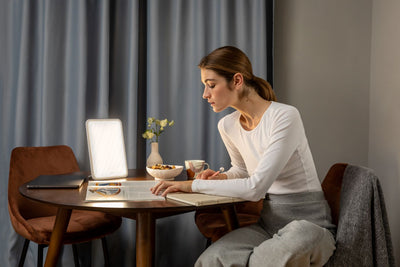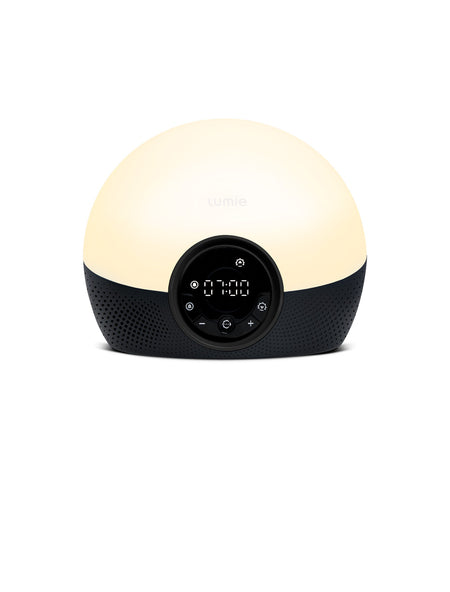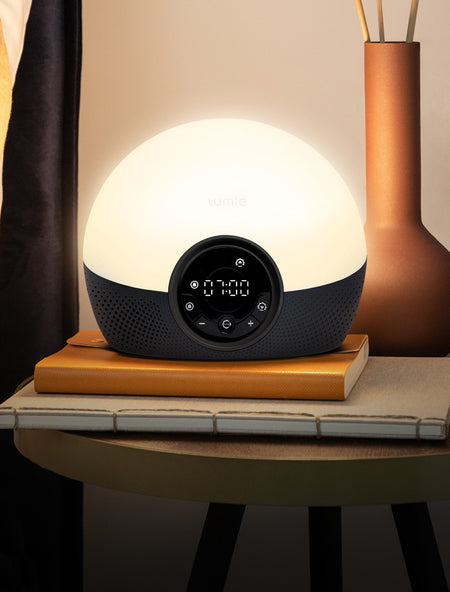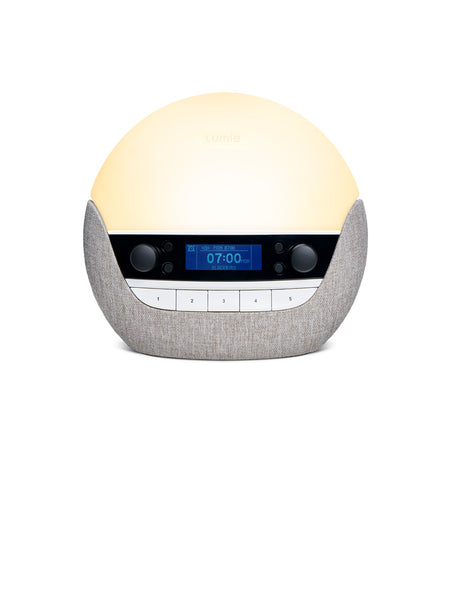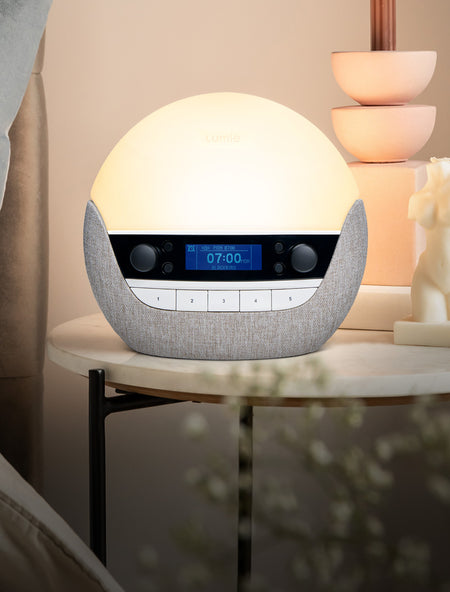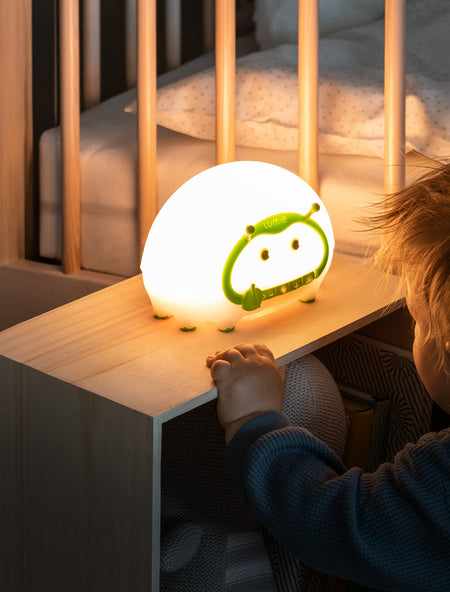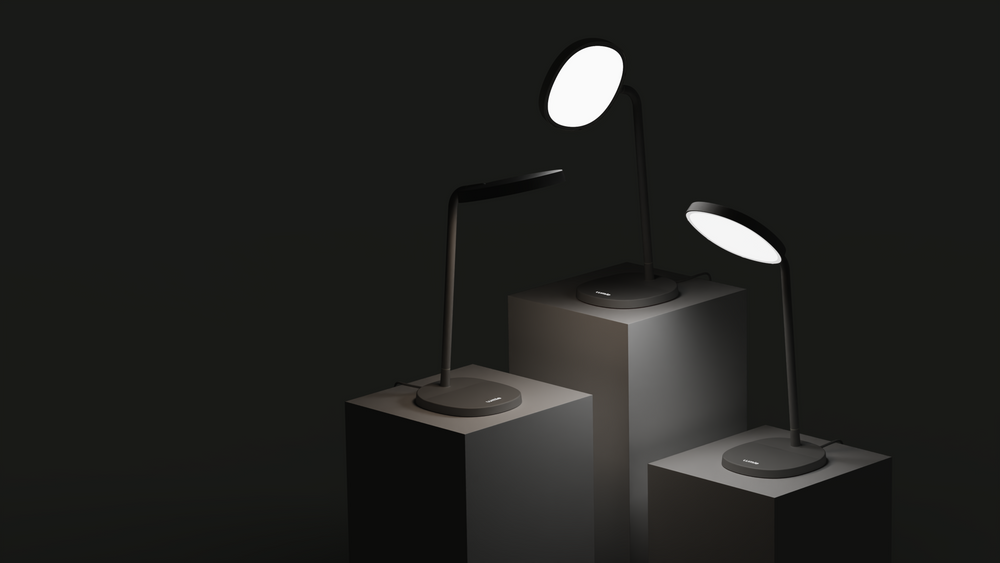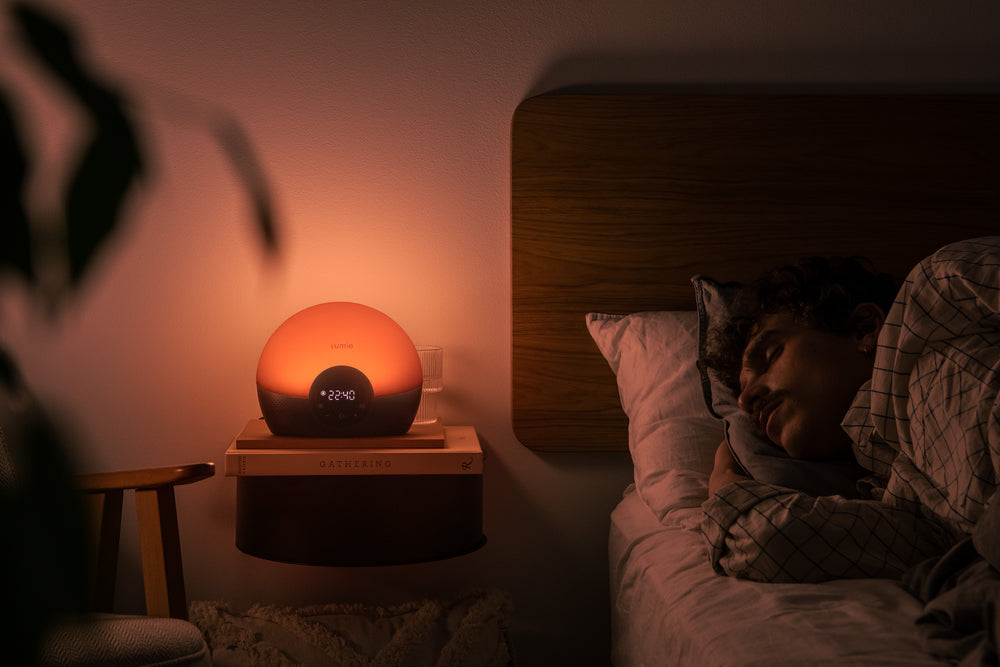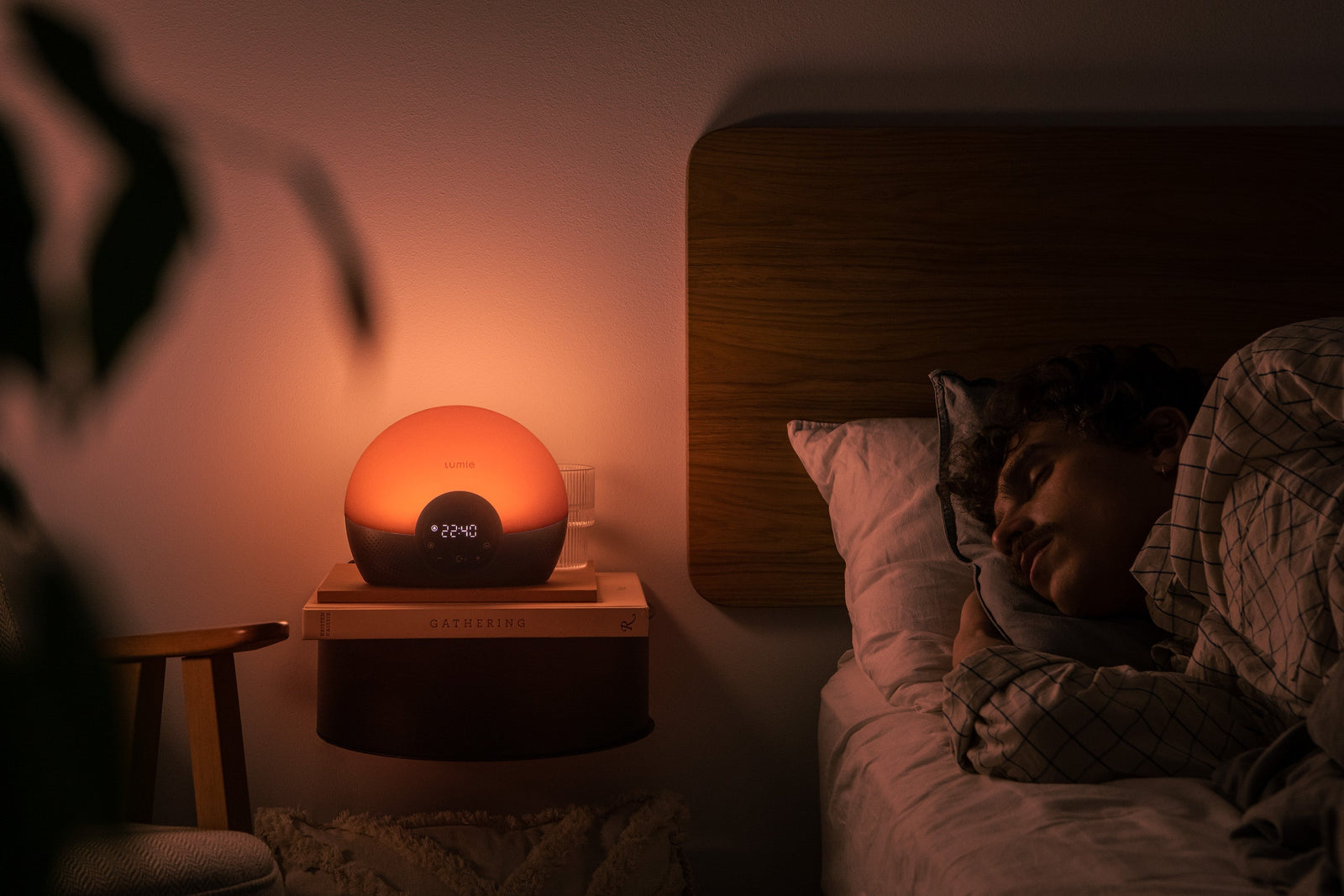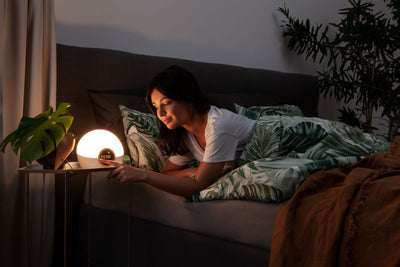Neurodiversity and sleep: in conversation with Natalie Pennicotte-Collier
If you are on the Autism spectrum or have ADHD, it’s likely that you have struggled with (or are currently struggling with) falling asleep, staying asleep and feeling rested in the morning. As a neurodivergent clinician, therapist and author I understand, from both personal and professional experience, how best to guide better sleep. Let's break down our sleep-related struggles together.
Both in the community and in sleep research, we know that neurodivergent people can find sleep more of a struggle in specific ways. Research indicates that there is a large overlap between Autism and ADHD and sleep difficulties. Over time, poor sleep can increase stress and anxiety as well as impairment in functioning. Over 75% of neurodivergent people experience sleep struggles and/or overlapping anxiety.
In general, neurodivergent people can frequently feel more alert in the evening than they do in the morning. Neurotypical people often experience the opposite of this. This difference is possibly down to unique structural differences and chemical production. Some researchers believe that the unique brain structures of neurodivergent individuals may change how they sleep. Sleep problems hint at disruptions in the circadian clock, a cellular timer that keeps cells in sync with the day-night cycle. Sensory sensitivities to light, sound or touch may contribute to difficulty sleeping.
Children and teens with Autism Spectrum Disorder (ASD) are at an increased risk of sleep disturbances. Studies indicate that between 50 and 80% of children with ASD experience sleep problems.
The most common sleep problem in children with ADHD is chronic insomnia; 3 in 4 children and teens with ADHD struggle, as well as 50-80% of adults. Sleep and ADHD have a bidirectional relationship like mental health conditions, anxiety and sleep do. Disrupted sleep is related to worsened emotional regulation and fuelling day to day ADHD impairment. In addition, neurodivergence can create challenges in maintaining the habits and behaviours that support healthy sleep.
Neurodivergent people may also experience less restorative sleep than the neurotypical population. Some research points to differences in sleep architecture, for example, "neurodivergent people spend about 15% of their sleeping time in the rapid eye movement (REM) stage, which is critical for learning and retaining memories. Most neurotypical people, by contrast, spend about 23% of their nightly rest in REM."
Crucially, sleep is a modifiable behaviour and lots of new research is highlighting ways to help and why they work - essential for improving self-esteem, protecting mental health and emotional regulation. Some research has shown that better sleep results in improved sensory experiences, social communication, and ability to tolerate change for people on the Autism spectrum needing to navigate an overwhelmingly neurotypical world, education and workplace experiences.
This is not an exhaustive list of bedtime challenges but it highlights what we often see, and what I see in the clinic. *Spoiler it's not just you and you are NOT a problem.
Revenge bedtime procrastination: this refers to the tendency to procrastinate bedtime as a form of “revenge” from the busyness of our days which are filled with demands, sensory overload, and task-switching.
Time freedom struggle vs recovery time: we desperately need this time and space to be our authentic selves and also time to relax and defrag from sensory overwhelm and demands. The only difficulty is that it comes at the cost of our sleep. The evening is when many of us experience alone time and when we are able to spend time with our special interests or passions.
Experiences of hyperfocus/hyperfixation: it can be challenging to stick to a consistent routine and schedule. Our schedule and uncontrolled/social elements may well mean we have to wait until the demands of the day are behind us to focus on a project of interest. Because of our interest-based nervous systems, we often become hyper-focused and hyper-fixated. When in this mode, we lose track of time, and it is physically painful to stop.
Food, drink and medication timings: many ADHDers and people on the Autism spectrum struggle with classic old school sleep advice not to eat three hours before bedtime. We may not register hunger and thirst signals in the same way as others. Many people may not eat throughout the day and then have a “revenge” meal at the end of the day. This means the body is working hard to digest a large meal before bed which can interfere with sleep. We also see this with med timings and needing/wanting to workout and socialise later and then eating and drinking.
Neurodivergence can very often impact sleep wellness and amplify anxiety. Caring for your sleep can be a key into incredible health for the mind and body, and acknowledging the commonalities above as vulnerabilities is the first step towards this. Knowing our potential vulnerabilities is a way of identifying our “sleepless triggers.” It is also important to be gentle with ourselves. Realistically our sleep wellness won’t be perfect, and that’s okay and common. For a great sleep reset, you need between 2-5 weeks, and personalised routines are a tool for getting a better night's sleep.
To find out more, check out Natalie's website and her ultimate sleep self-help book, Sleep Reset.
ADHD: A 24-Hour Disorder. Psychiatric Times, October 2018.
Becker SP & Lienesch JA. (November 2018). Nighttime media use in adolescents with ADHD: links to sleep problems and internalizing symptoms. Sleep Medicine 51:171-178.
Hvolby A. (2015). Associations of sleep disturbance with ADHD: implications for treatment. Attention Deficit and Hyperactivity Disorders
Lunsford-Avery JR, Krystal AD, Kollins SH. Sleep disturbances in adolescents with ADHD: A systematic review and framework for future research. Clin Psychol Rev. 2016 Dec;50:159-174. doi: 10.1016/j.cpr.2016.10.004. Epub 2016 Oct 23. PMID: 27969004; PMCID: PMC5401800.
National Institute of Neurological Disorders and Stroke. (2018). Restless Legs Syndrome Fact Sheet.
Sedky, Karim et al. (August 2014). Attention deficit hyperactivity disorder and sleep disordered breathing in pediatric populations: A meta-analysis. Sleep Medicine Reviews 18(4):349-356.
Tsai MH et al. (August 2016). Sleep Problems in Children with Attention Deficit/Hyperactivity Disorder: Current Status of Knowledge and Appropriate Management. Current Psychiatry Reports 18(8):76.
